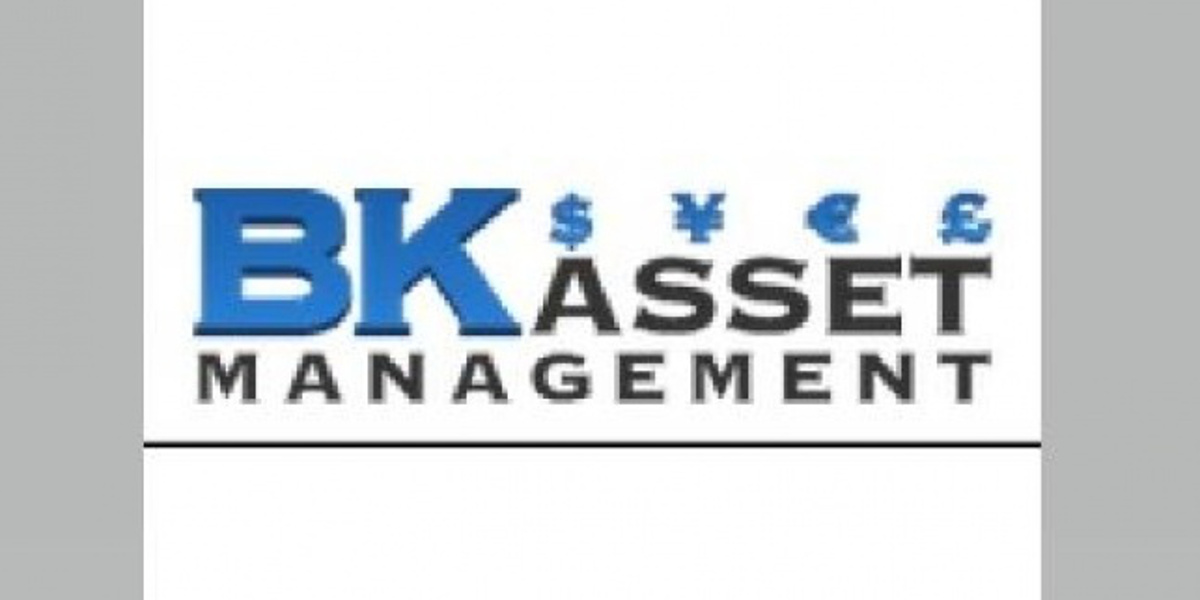Currencies Tumble as Stocks Erase Gains

What started off as a strong day for risk appetite turned into losses for currencies and equities. The Dow Jones Industrial Average and NASDAQ hit record highs at the start of New York trade but peaked shortly after, shedding their gains to end the day lower.
Currencies tumbled as well but reversed before stocks as traders lost confidence in the risk on rally. With no major economic reports to trigger today’s reversal, it was a typical exhaustion move. Investors were very optimistic ahead of Friday’s non-farm payrolls report, it disappointed in a major way and instead of selling, they continued to buy on the hope that weak jobs number meant no tapering.
Today, reality set in and they realized that without taper or talk of it, inflation could rise quickly. In fact that was exactly what we saw with the New York Fed’s survey of inflation expectations rising to its highest level since September 2013. This survey measures how much Americans expect to spend on homes, rent, gas and higher education. The increase tells us they expect prices to rise sharply in the coming months.
This rise in inflation expectations drove the U.S. dollar higher against euro, the Japanese Yen, Swiss Franc, Australian and New Zealand dollars. While non-farm payrolls were disappointing, this week’s consumer price index and retail sales reports could beat expectations. Spending in particular is expected to rise only 0.2% which is a very low forecast in our opinion considering reopening of business activity, the sharp increase in wages and higher gas prices. Expectations for a stronger report could help the dollar avert further losses this week.
There was still more demand for sterling and the Canadian dollar because the Bank of England and the Bank of Canada are expected to reduce monetary stimulus earlier than the Federal Reserve. Adjustments in monetary policy expectations had a big impact on currency movements on Friday and while the U.S. dollar recovered some ground, we don’t expect that fundamental driver to be forgotten.
Keep an eye on euro because pandemic restrictions are beginning to ease. Italy began lifting restrictions two weeks ago but restaurants in Spain reopened this weekend as the curfew and travel ban ended. France plans to ease restrictions on restaurants next week and it may not be long before Germany follows suit. We said often that when euro area restrictions are relaxed, demand for euros will return as the recovery gains traction. Germany’s ZEW survey is due for release tomorrow and we are looking for confidence to improve as stocks hit record highs and vaccination rates increase in Europe. Any pullback in EURUSD should be limited to 1.2050.
Regards,
Kathy Lien Managing Director of FX Strategy BK Asset Management
http://www.bkassetmanagement.com/











